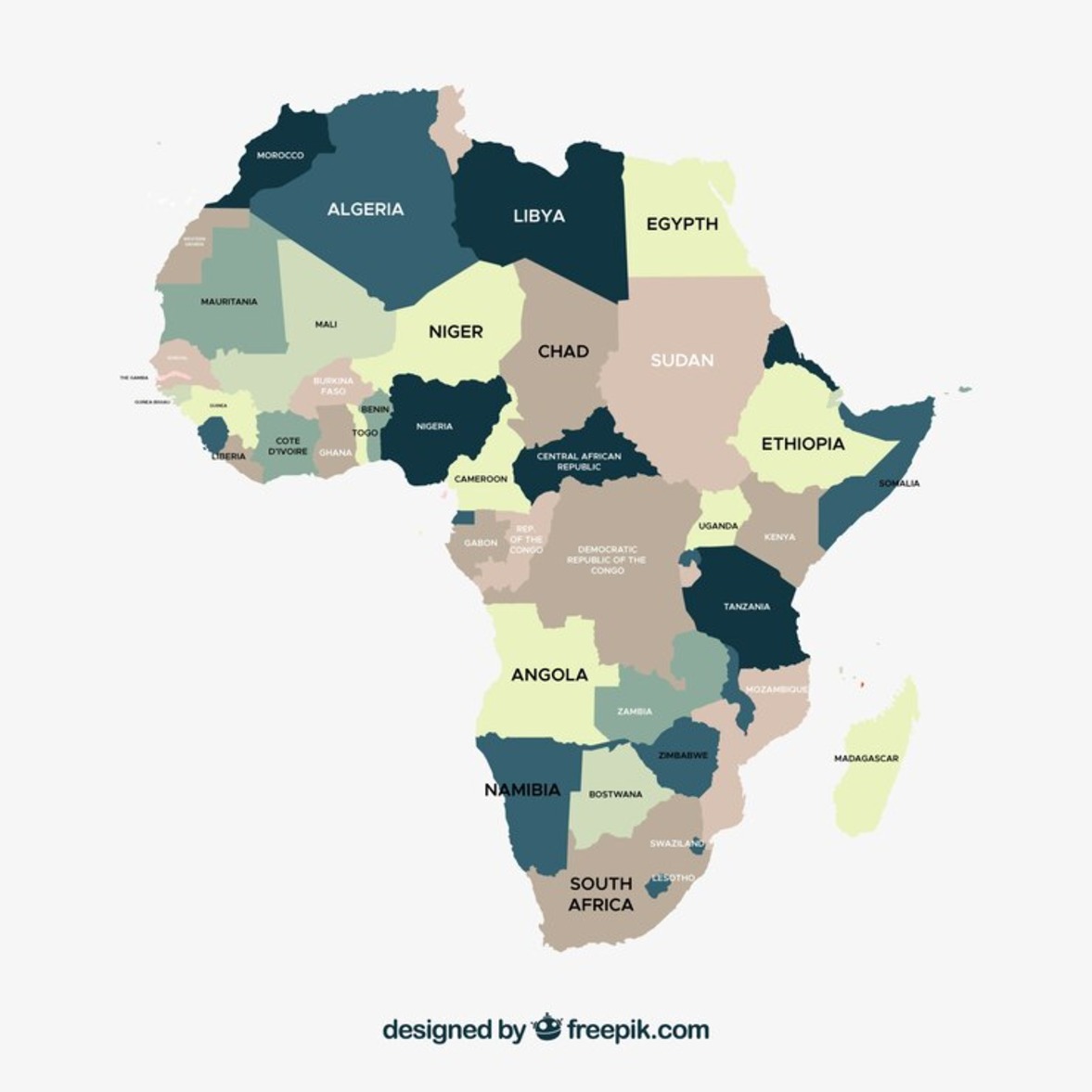Efforts intensify to redirect domestic capital as global investment climate shifts
At this year’s Africa CEO Forum in Abidjan, a key theme emerged: how to mobilize the trillions of dollars held in Africa’s institutional funds to close the continent’s massive infrastructure financing gap. Policymakers and financial leaders from across the region are increasingly focused on using domestic capital to drive development amid growing global uncertainty, particularly around volatile U.S. trade policies.
Africa faces an estimated $100 billion annual shortfall in infrastructure financing, with roads, power, and digital connectivity among the most urgent needs. One solution gaining traction is the reallocation of African institutional capital — particularly pension funds — which have historically remained invested in low-risk assets like treasury bills and fixed income instruments.
“There is about $4 trillion in Africa, mostly sitting in banks, pension funds, and foreign reserves,” said Samaila Zubairu, CEO of the Africa Finance Corporation (AFC), a Lagos-based multilateral financial institution focused on infrastructure. “The issue is, how do we get it to flow into projects?”
Zubairu noted that the AFC is currently in talks with governments in Angola, Botswana, and Kenya to establish mechanisms similar to Nigeria’s InfraCredit, a credit enhancement institution that enables pension funds to invest in local currency infrastructure bonds by providing guarantees. The goal is to create investor confidence and reduce perceived risk in long-term infrastructure investments.
Unlocking domestic capital for development could be transformative, especially as external funding becomes less predictable. Experts argue that tapping Africa’s own financial resources is not only feasible, but increasingly necessary for achieving sustainable growth.



